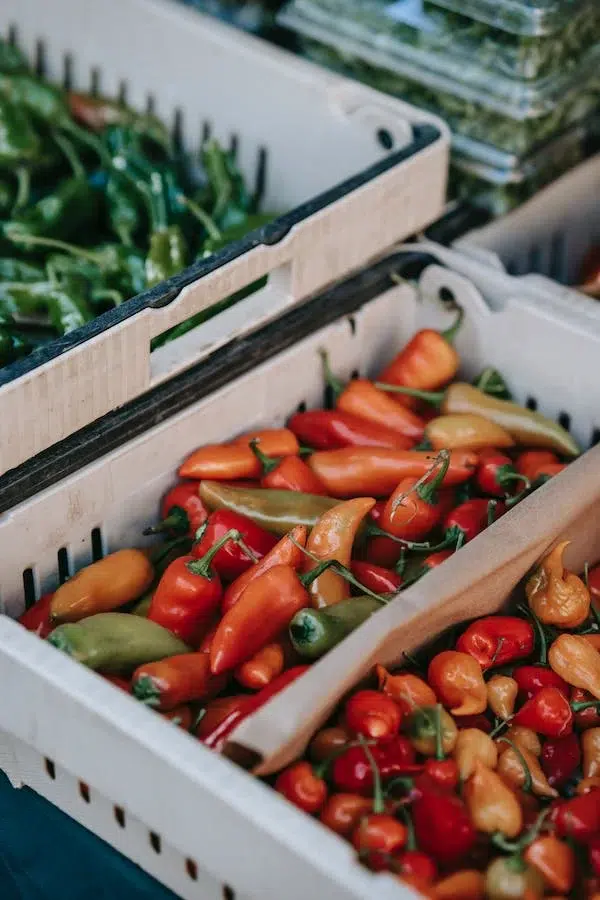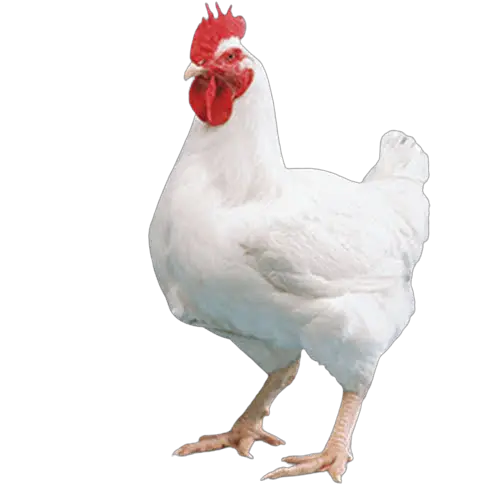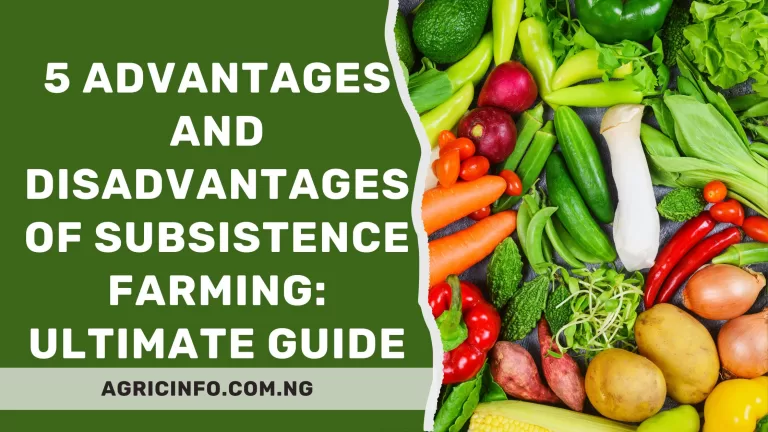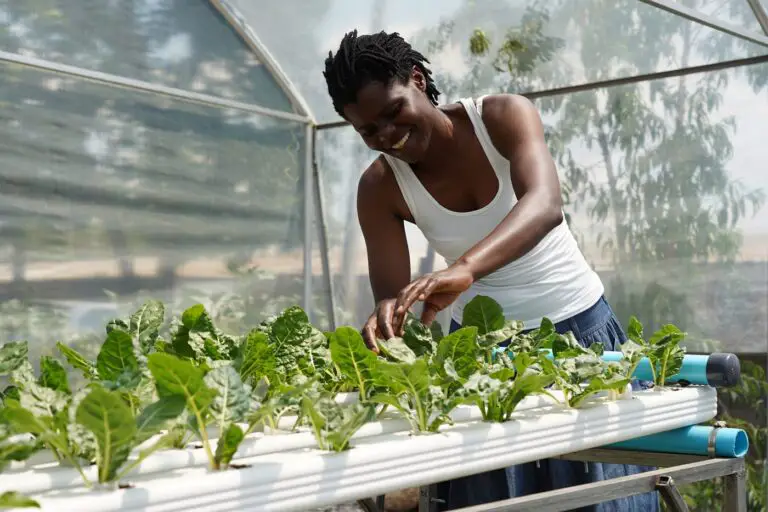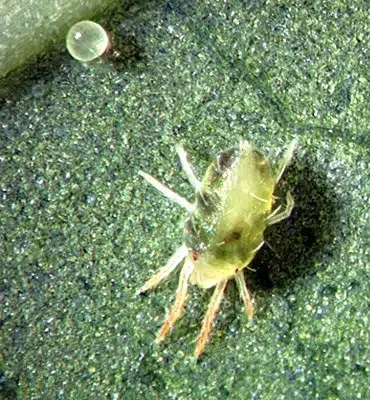How to Start Pepper Farming in Nigeria 2024: Expert Guide
Before you consider starting Pepper farming in Nigeria, here is an expert guide and advice for you to check out.
Pepper is one of the most popular and widely consumed spices in Nigeria and other parts of the world.
It adds flavor, color, and heat to many dishes and cuisines.
Pepper farming is also one of the most profitable and rewarding agribusinesses in Nigeria, as there is a high demand for pepper in the local and international markets.
If you are interested in starting your own pepper farming business in Nigeria, this guide will provide you with some useful tips and information on how to start pepper farming in Nigeria successfully and profitably.
Check out Tomato Farming in Nigeria
How Profitable is Pepper Farming in Nigeria?
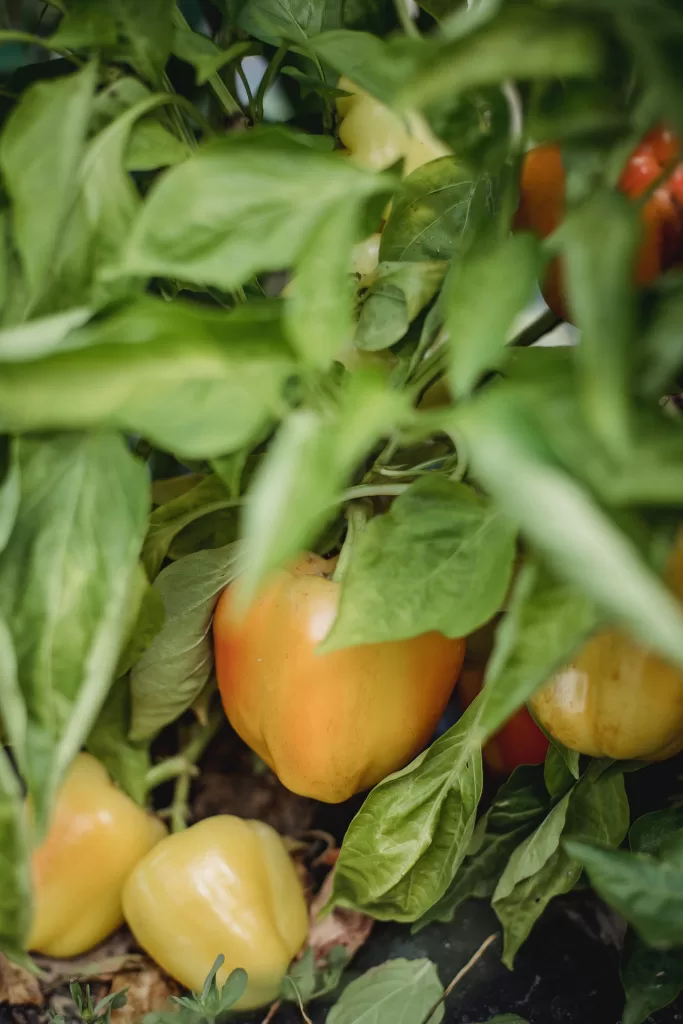
Pepper farming can be very lucrative if done in the right way.
You have to implement good agricultural practices (GAP) and use modern technologies and inputs to boost your yield and quality.
According to Veggie Grow, the average yield of habanero pepper per acre in Nigeria is about 0.2 tonnes, while improved agronomic practices can result in over 5 tonnes of habanero pepper per acre.
This means that you can make a lot of money from pepper farming if you follow the best practices.
The price of pepper also varies depending on the season, the type, and the market.
According to Veggie Grow, the price of a bag of pepper can go as high as N25,000 in some months of the year and as low as N5,000 in some months of the year.
Therefore, you have to plan your production and marketing strategies well to maximize your profits.
How Much Does it Cost to Start Pepper Farming in Nigeria?
The cost of starting pepper farming in Nigeria depends on several factors, such as the size of your farm, the type of pepper you want to grow
As well as the location of your farm, the equipment and inputs you need, and the labor and management costs.
However, you can start pepper farming with a relatively low budget if you follow some tips.
1. Get yourself trained in modern farming techniques and technologies. You can attend workshops, seminars, or online courses on pepper farming to learn the best practices and skills.
You can also hire experts or consultants to guide you through the process.
2. Sort out your finances and funding options.
You can use your own savings, borrow from friends and family, or apply for loans or grants from banks or government agencies.
You should also have a realistic and detailed business plan that shows your expected income and expenses.
3. Get good and fertile farmland.
You can rent or lease farmland instead of buying it to reduce your initial cost.
You should also conduct a soil and water analysis to determine the nutrient level, pH, and microbial count of your soil and water. This will help you choose the right fertilizer and soil improvers for your farm.
4. Get the necessary equipment and inputs for your farm.
You will need watering cans, sprayers, hand tools, seeds, fertilizer, pesticides, and other farm inputs.
You can buy them from reputable suppliers or online platforms. You can also use organic or natural alternatives to reduce your cost and environmental impact.
5. Recruit good and skilled staff for your farm. You will need a farm manager, farm hands, and other workers to help you with the cultivation, management, and harvesting of your pepper.
You can hire people from your community or neighboring countries like Benin and Togo. You should also pay them well and treat them fairly.
Read How to Start Fish Farming on a Small Scale
How to Start Pepper Farming in Nigeria
Having shared the cost of starting pepper farming in Nigeria, here are some steps on how to start pepper farming in Nigeria.
The following are the basic steps to start pepper farming in Nigeria:
1. Soil preparation:
You need to clear your farmland of weeds, unwanted trees, and stones.
You also need to plow, harrow, and ridge your land to make it suitable for planting.
You can also add manure, compost, or fertilizer to improve the fertility and structure of your soil.
2. Seedling production:
The next step in how to start pepper farming in Nigeria is to prepare a nursery bed where you will sow your pepper seeds.
You can use a raised bed, a seed tray, or a polythene bag for your nursery. You should also fumigate or heat-treat your nursery bed to kill any pests or diseases.
Also, You should sow your seeds at a depth of 1-2 cm and cover them lightly with soil. You should also shade your nursery bed with a net or a thatch to protect your seedlings from direct sunlight.
You should water your seedlings regularly and apply fungicides or insecticides as needed.
3. Transplanting:
You need to transplant your seedlings from the nursery to the main field when they are about 4-6 weeks old.
You should choose a sunny and well-drained location for your pepper farm. You should also space your plants at least 60 cm apart and 90 cm between rows.
In addition, You should water your transplanted seedlings immediately and apply mulch to conserve soil moisture and prevent weed growth.
4. Maintenance:
You need to maintain your pepper farm by watering, weeding, pruning, staking, and fertilizing your plants regularly.
You should water your plants at least twice a week, depending on the weather and soil conditions.
Don’t forget to weed your farm manually or with herbicides to prevent competition and pest infestation.
You should prune your plants to remove dead, diseased, or excess branches and leaves. You should also stake your plants to support them and prevent them from falling over.
You should fertilize your plants with organic or inorganic fertilizer every 2-4 weeks, depending on the soil test results and the stage of growth.
5. Pest and disease control:
The next and an important step in how to start pepper farming in Nigeria is to protect your pepper plants from pests and diseases that can reduce your yield and quality.
Some of the common pests and diseases that affect pepper in Nigeria are aphids, whiteflies, thrips, caterpillars, nematodes, fungal infections, bacterial infections, and viral infections.
You should monitor your plants regularly and use integrated pest management (IPM) methods to control them.
Also, You can use cultural, biological, or chemical methods, or a combination of them, to prevent or treat pest and disease problems.
You should also practice crop rotation, intercropping, and sanitation to reduce the risk of pest and disease outbreaks.
6. Harvesting:
The last step is to harvest your peppers when they are mature and ready for consumption or processing.
The maturity and color of your pepper depends on the variety and the market preference.
You can harvest your pepper by hand or with a knife or scissors.
You should handle your pepper carefully and avoid bruising or damaging them.
You should also sort, grade, and package your pepper according to the quality and size standards.
You should store your peppers in a cool and dry place or refrigerate them to extend their shelf life.
See also How to Start a Layer Poultry Farm
Final Note on How to Start Pepper Farming in Nigeria
Pepper farming in Nigeria is a profitable and rewarding agribusiness.
You can start your own pepper farming business with a low budget and a good business plan.
You can also grow different types of pepper to suit different markets and consumers.
In this guide on How to start Pepper Farming in Nigeria, we have laid down some best practices and techniques to grow pepper successfully and profitably.
Lastly, don’t forget to market your pepper effectively and efficiently to reach your target customers and increase your income.
FAQs
How long does it take to grow pepper in Nigeria?
The duration of pepper growth depends on the variety and the environmental conditions. Generally, pepper takes about 3-4 months from planting to harvesting.
However, some varieties can take longer or shorter, depending on the temperature, rainfall, and sunlight.
How can I market my pepper in Nigeria?
You can market your pepper in different ways, depending on your target customers and market segments.
Some of the common channels are local markets, supermarkets, restaurants, hotels, exporters, processors, and online platforms.
You should research the market trends and prices before selling your pepper.
What are the challenges and opportunities of pepper farming in Nigeria?
Pepper farming in Nigeria faces some challenges, such as poor infrastructure, lack of access to credit, high cost of inputs
As well as low-quality seeds, pest and disease problems, post-harvest losses, and market fluctuations.
However, pepper farming also offers some opportunities, such as high demand, good prices, value addition, diversification, and export potential.
You need to overcome the challenges and leverage the opportunities to succeed in pepper farming in Nigeria

